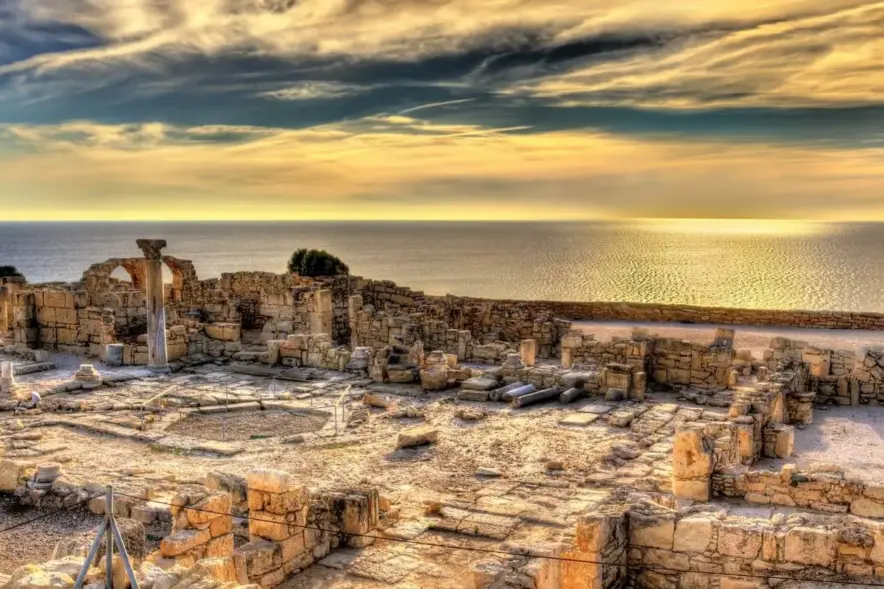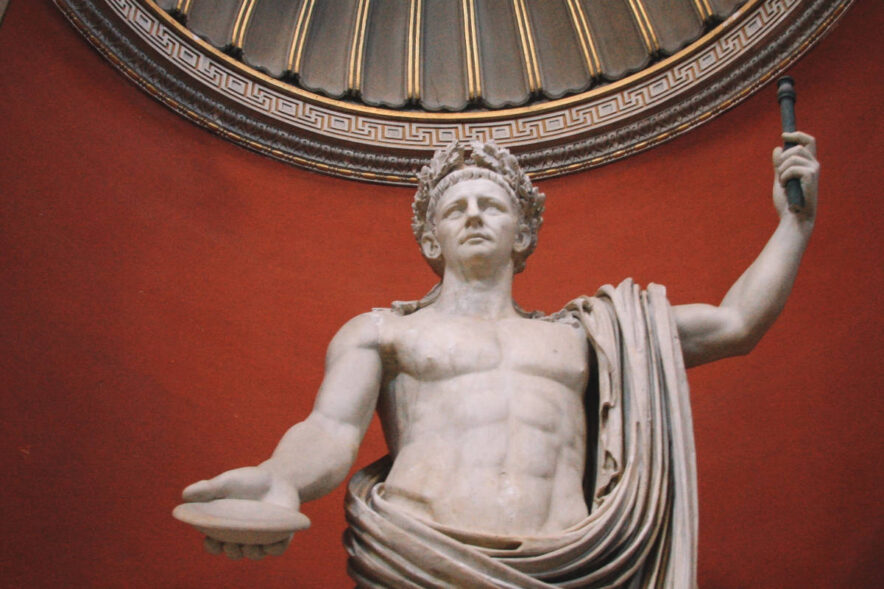Right from the beginning the church was flawed, as Jesus always knew she would be, and she has been...
Tag: first century church
Showed 1 to 2 posts out of 2 total under "Tag: first century church" category.
(Not a reader? Take a listen instead ⇓) Christianity in the first century was a spiritual explosion, fueled...

